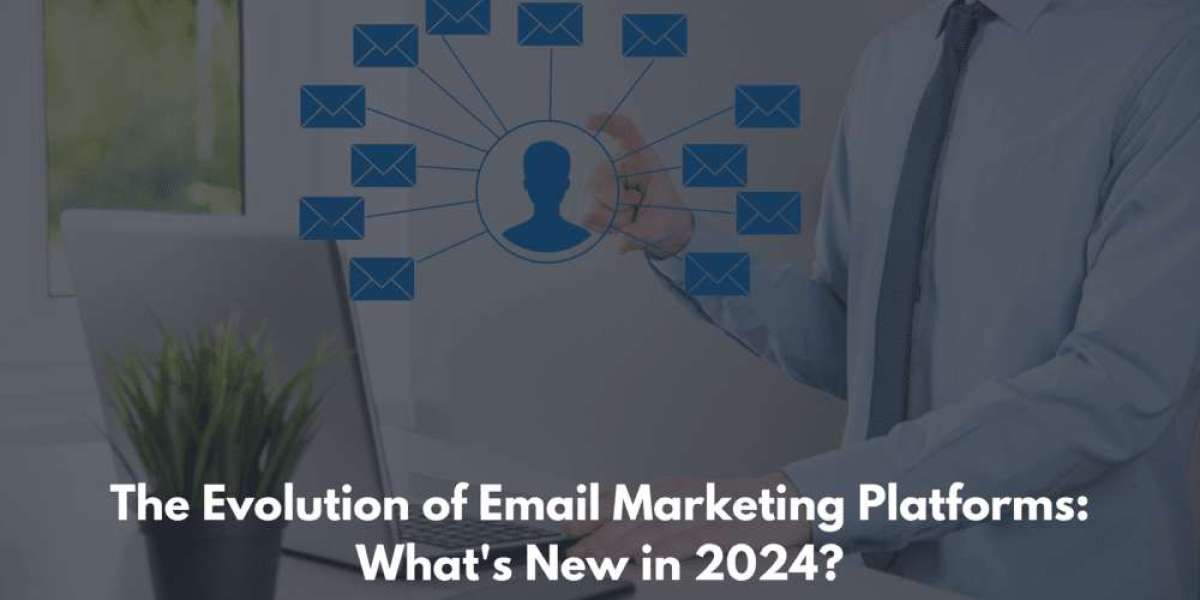In the competitive landscape of email marketing platforms, choosing the right tool can significantly impact the success of your campaigns. Among the myriad options available, Mailchimp, Constant Contact, and Sendinblue stand out as some of the most popular and robust platforms. This article provides a comprehensive comparison of these three platforms, examining their features, pricing, and overall value to help you make an informed decision.
Mailchimp: The Versatile Giant
Features:
Mailchimp is renowned for its user-friendly interface and comprehensive feature set. It offers a variety of templates, a drag-and-drop email editor, and advanced analytics. Key features include:
1.Automation: Mailchimp provides powerful automation tools, enabling users to create personalized customer journeys with ease. From welcome emails to abandoned cart reminders, Mailchimp covers a wide range of automation needs.
2.Segmentation: Advanced segmentation capabilities allow marketers to target specific groups based on behavior, demographics, and engagement history.
3.Integrations: Mailchimp integrates seamlessly with numerous third-party apps, including eCommerce platforms, CRM systems, and social media channels.
4.AI and Machine Learning: Leveraging AI, Mailchimp offers predictive insights and recommendations to enhance campaign performance.
Pricing:
Mailchimp offers a free plan for up to 2,000 contacts, which is ideal for small businesses and startups. Paid plans start at $9.99 per month and scale based on the number of contacts and additional features required.
Pros:
- Intuitive interface
- Comprehensive automation
- Robust integrations
- Scalable pricing plans
Cons:
- Limited customer support for free users
- Advanced features can be costly
Constant Contact: The Small Business Ally
Features:
Constant Contact is tailored for small businesses and non-profits, offering an array of tools designed to simplify email marketing. Notable features include:
1.Templates and Design Tools: Constant Contact provides a wide selection of customizable templates and a straightforward drag-and-drop editor.
2.Event Marketing: Unique to Constant Contact, this feature allows users to manage event invitations, registrations, and promotions directly from the platform.
3.Social Media Tools: Integration with social media platforms enables users to create and schedule posts, expanding their reach beyond email.
4.Reporting and Analytics: Users can track email performance with detailed reports on open rates, click-through rates, and more.
Pricing:
Constant Contact does not offer a free plan, but it provides a 60-day free trial. Paid plans start at $20 per month, with pricing increasing based on the number of contacts and additional features.
Pros:
- Easy to use
- Excellent customer support
- Strong event management tools
- Integrated social media features
Cons:
- No free plan
- Limited automation compared to competitors
Sendinblue: The All-in-One Solution
Features:
Sendinblue is a versatile platform that combines email marketing with additional tools like SMS marketing and CRM capabilities. Key features include:
1.Email and SMS Marketing: Sendinblue allows users to run both email and SMS campaigns, providing a more comprehensive marketing approach.
2.Marketing Automation: Advanced automation features enable personalized workflows based on user behavior and engagement.
3.CRM Integration: The built-in CRM tool helps businesses manage customer relationships and streamline their marketing efforts.
4.Advanced Analytics: Sendinblue offers detailed analytics and reporting to track campaign performance and optimize strategies.
Pricing:
Sendinblue offers a free plan for unlimited contacts, with a cap on the number of emails sent per day. Paid plans start at $25 per month, with higher tiers offering more advanced features and increased email limits.
Pros:
- Free plan with unlimited contacts
- Comprehensive email and SMS marketing
- Integrated CRM
- Advanced automation capabilities
Cons:
- Learning curve for beginners
- Limited templates compared to competitors
Comparing the Platforms
When choosing an email marketing platform, it’s essential to consider your specific needs and budget. Here’s a summary comparison:
- Ease of Use: Mailchimp and Constant Contact both offer intuitive interfaces, but Mailchimp’s extensive features can make it slightly more complex for beginners. Sendinblue has a steeper learning curve but provides a more comprehensive solution.
- Automation: Mailchimp and Sendinblue lead in automation capabilities, while Constant Contact offers more basic automation features.
- Pricing: Mailchimp and Sendinblue both offer free plans, making them accessible for small businesses and startups. Constant Contact, while lacking a free plan, provides excellent customer support and unique event management tools.
- Integrations: All three platforms offer robust integrations, but Mailchimp’s extensive third-party app ecosystem makes it a standout choice for businesses needing diverse integrations.
- Additional Features: Sendinblue’s combination of email and SMS marketing, along with its CRM capabilities, provides a unique all-in-one solution. Constant Contact’s event marketing tools are ideal for businesses that frequently host events.
Conclusion
In the ever-evolving landscape of email marketing platforms, Mailchimp, Constant Contact, and Sendinblue each offer distinct advantages. Mailchimp’s versatility and extensive integrations make it a strong choice for businesses of all sizes. Constant Contact’s ease of use and excellent support are perfect for small businesses and non-profits. Sendinblue’s comprehensive approach, combining email and SMS marketing with CRM capabilities, offers a powerful solution for more advanced marketing needs.
By understanding the unique strengths of each platform and aligning them with your marketing goals, you can select the right tool to enhance your email marketing efforts. For the latest insights and updates on email marketing and other infotech trends, keep an eye on leading tech publications that cover these topics extensively.







